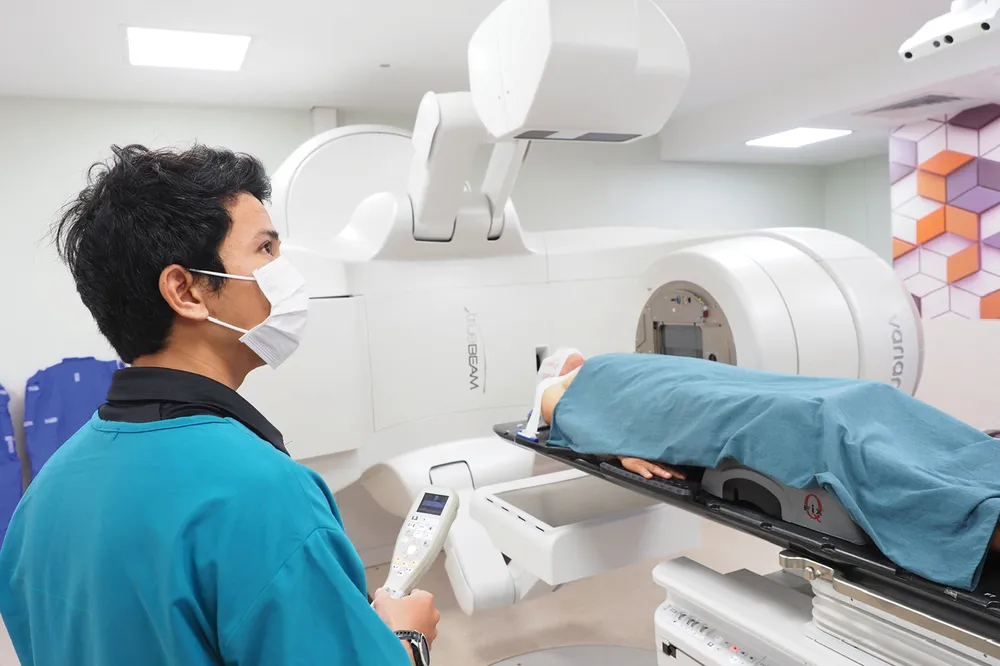
In the initial phase of implementing the new model, the Ministry of Health requires localities to maintain the stability of the system of public health service units, only carrying out the arrangement when really necessary. District, county and town health centers are reorganized into regional health centers, becoming public service units directly under the provincial and municipal health departments. The system of commune, ward and town health stations and regional polyclinics is basically maintained to ensure stability and continuity. When arrangement is needed, localities can combine health stations but must keep the examination and treatment points in the old areas, so that people are not affected in accessing services. Notably, with the abolition of the district level, the state management of the health sector at communes and wards has been transferred to the Department of Culture and Social Affairs, responsible for areas such as: preventive medicine, medical examination and treatment, rehabilitation, maternal and child care, population, prevention of social evils, social protection, traditional medicine, pharmaceuticals, cosmetics, food safety, medical equipment, etc.
In this context, the Ministry of Health has proactively and promptly implemented intensive training programs for leaders and health workers in localities, in order to clarify the contents related to management work in the above-mentioned fields. Assessing this change, Minister of Health Dao Hong Lan stated that the decentralization rate is very large, in the pharmaceutical field alone, up to 56% of procedures have been transferred to localities, which means that localities must improve their capacity to manage, organize and supervise the grassroots health system. Because if decentralization and delegation of power are not accompanied by improving responsibility and capacity to closely organize and supervise, it can easily lead to overlap, affecting the operation of the health system.
Transforming the government model is an inevitable process, requiring flexible health policies and a solid "fence" to protect people's health. To achieve this, there needs to be synchronous and drastic coordination between the central and local levels, between industry leaders and human resources at the grassroots level. Moreover, in order to avoid disruptions and impacts on disease prevention, care and protection of people's health, the health system in localities must be truly strong enough, from human resources, facilities to operating procedures. The Ministry of Health should continue to have mechanisms and policies to support localities to meet the increasing needs of people for health care and protection.
Source: https://www.sggp.org.vn/chu-dong-thich-ung-bao-ve-suc-khoe-nhan-dan-post803564.html






![[Photo] National Assembly Chairman Tran Thanh Man receives First Vice Chairman of the Federation Council of the Federal Assembly of the Russian Federation](/_next/image?url=https%3A%2F%2Fvphoto.vietnam.vn%2Fthumb%2F1200x675%2Fvietnam%2Fresource%2FIMAGE%2F2025%2F12%2F02%2F1764648408509_ndo_br_bnd-8452-jpg.webp&w=3840&q=75)

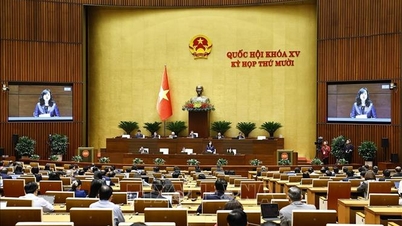



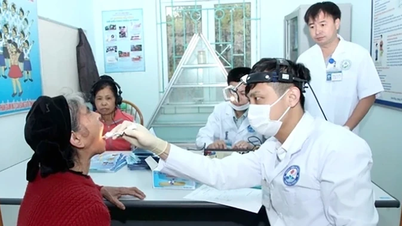

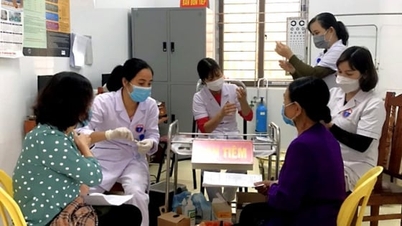

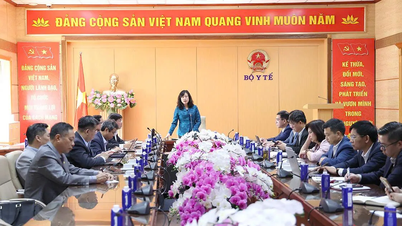
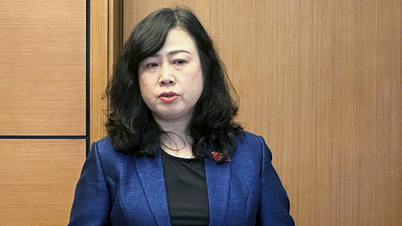

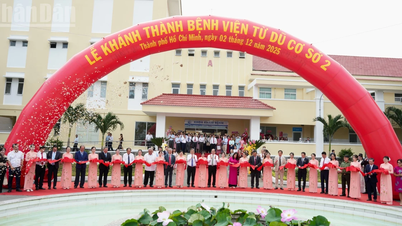



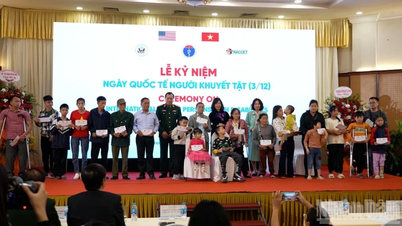









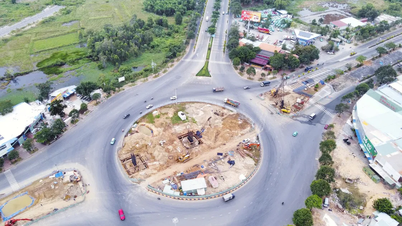

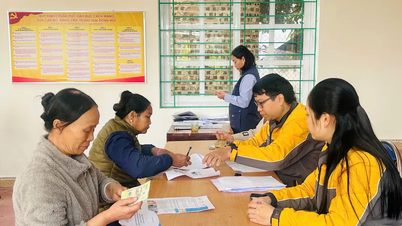


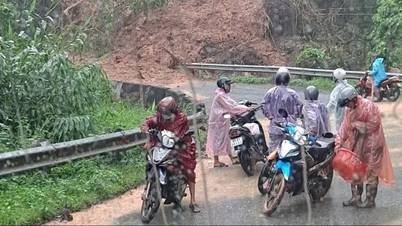







































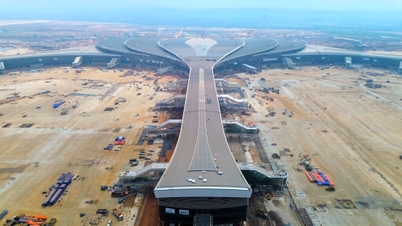

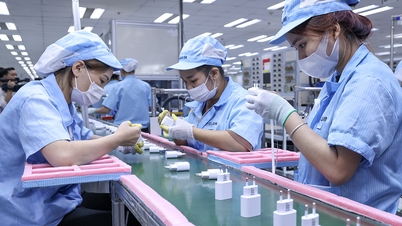


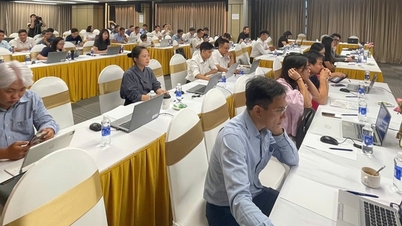









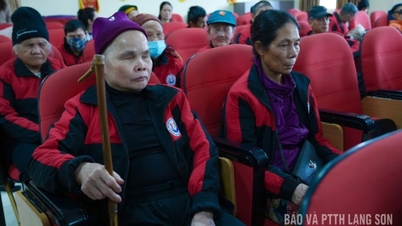

















Comment (0)